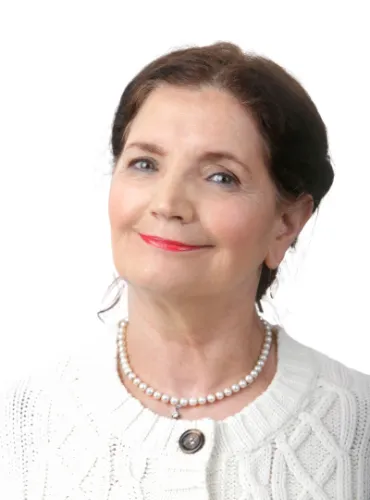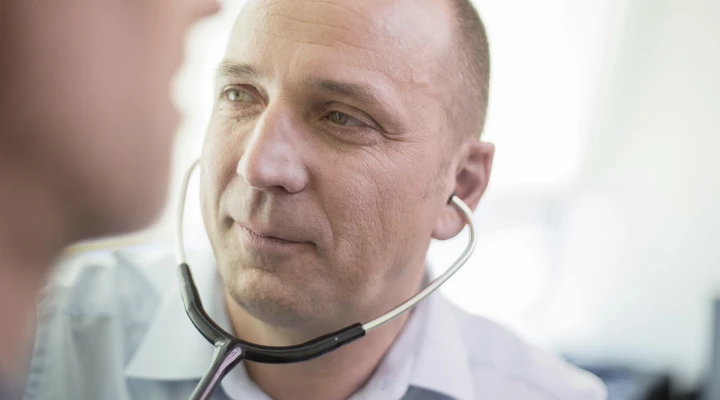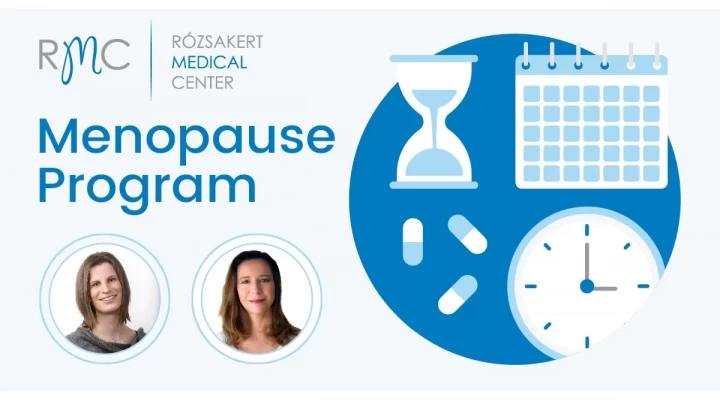Cardiology includes prevention, diagnostics and treatment of cardiovascular diseases.
When should you turn to a cardiologist?
- If diagnosed with cardiologic diseases (coronary artery disease, heart valve disorders, pacemaker)
- If a relative was diagnosed with heart disease at young age
- Pressure, squeezing pain in the chest which may radiate to the left shoulder, arm
- Strong palpitations, rapid pulse
- Shortness of breath, difficulty breathing
- Temporary loss of consciousness
- Fatigue, tiredness, loss of appetite
- Swollen lower limbs
During the cardiological examination, our cardiologist asks the patient questions (patient history, lifestyle choices, etc.) and performs a physical exam and an ECG. Based on the results and the symptoms, the specialist may recommend more cardiological examinations.
Cardiological examinations available for both adults and children:
ECG (electrocardiogram): an examination performed with 12 electrodes, while lying down. It shows the heart's electrical activity. We can detect potential stimulus disturbances, previous myocardial infarction and myocardial ischemia.
Cardiac ultrasound: Allows us to examine the inside of the heart and its blood flow, to measure the heart chambers, wall thickness, and to estimate the pumping force of the heart. Heart valves, blood flow in heart valves, speed of blood flow, and abnormal flow can be examined and their long-term effects estimated.
Stress ECG - bicycle ergometry*: An examination performed with a special 'exercise bike'. ECG monitoring and blood pressure measurements are taken while progressively greater effort is required to ride the bike. During the examination, we examine the cardiovascular system’s capacity for handling stress and its changes under stress.
ABPM 24-hour blood pressure monitoring: A mobile device that is suitable for all-day blood pressure spectrum monitoring to detect 'white coat', nighttime and morning high blood pressure, and to measure average of daytime and nighttime values.
Holter monitoring: A device that records the heart’s electrical activity for 24 hours. It shows impulse formation, conduction disturbances (abnormally slow or fast heartbeat, common adverse shocks, irregular heart beat), and any life-threatening arrhythmias.
*The examination can only be performed after an ECG and a cardiac ultrasound. We do not perform official sport medicine examinations.
Our related doctors
Any questions before booking an appointment?
If you are unsure which doctor to see or what examination you require, we are here to help!
Simply request a free callback from one of our colleagues, who will help you find the right specialist based on your specific issue.










Reviews